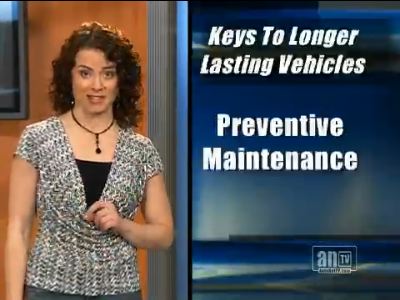It’s always easier to leave a few things in your vehicle so you’ll have them on hand. But in cold weather, while it’s a good idea to carry items such as a phone charger, blanket and shovel, there are some things you shouldn’t store in your vehicle.
- Medicines and drugs. Cold temperatures can affect the chemical makeup of some drugs. Avoid leaving them in a vehicle, especially those in a liquid form like insulin, eye drops and cough syrup.
- Latex paint. They are water based, and when they freeze, they get lumpy and lousy. Your paint job will not be what you had in mind.
- Cellphones and computers. Most of these have lithium ion batteries. If they get colder than freezing (0 degrees C, 32 degrees F), if you try to charge them, you’ll more than likely ruin the batteries.
- Bottled water, soda, wine or beer. OK, here’s the scoop. All of these can freeze and split the container they’re in. Yes, soda, wine and beer will take a lower temperature to freeze than water, but all of these can easily freeze if the mercury plunges low enough. The problem isn’t when they’re frozen; it’s when they unfreeze, drip out of their containers and leave you with a colossal mess.
- Musical instruments. Guitars are made of wood. When a guitar freezes and you bring it quickly into a warm room, you may hear cracking sounds that tell you that guitar will be not-so-gently weeping from the damage that can occur. The same goes for wind instruments and others. Don’t ever subject musical instruments to quick temperature extremes.
Take a little time and effort not to leave these things out in a frigid vehicle. You’ll likely spend far more time and money tending to the resulting consequences than if you’d just brought them inside in the first place.
Autotronics of St. Peter
111 Jefferson Avenue
St. Peter, MN 56082
507.934.9290
http://autotronicsstpeter.com

